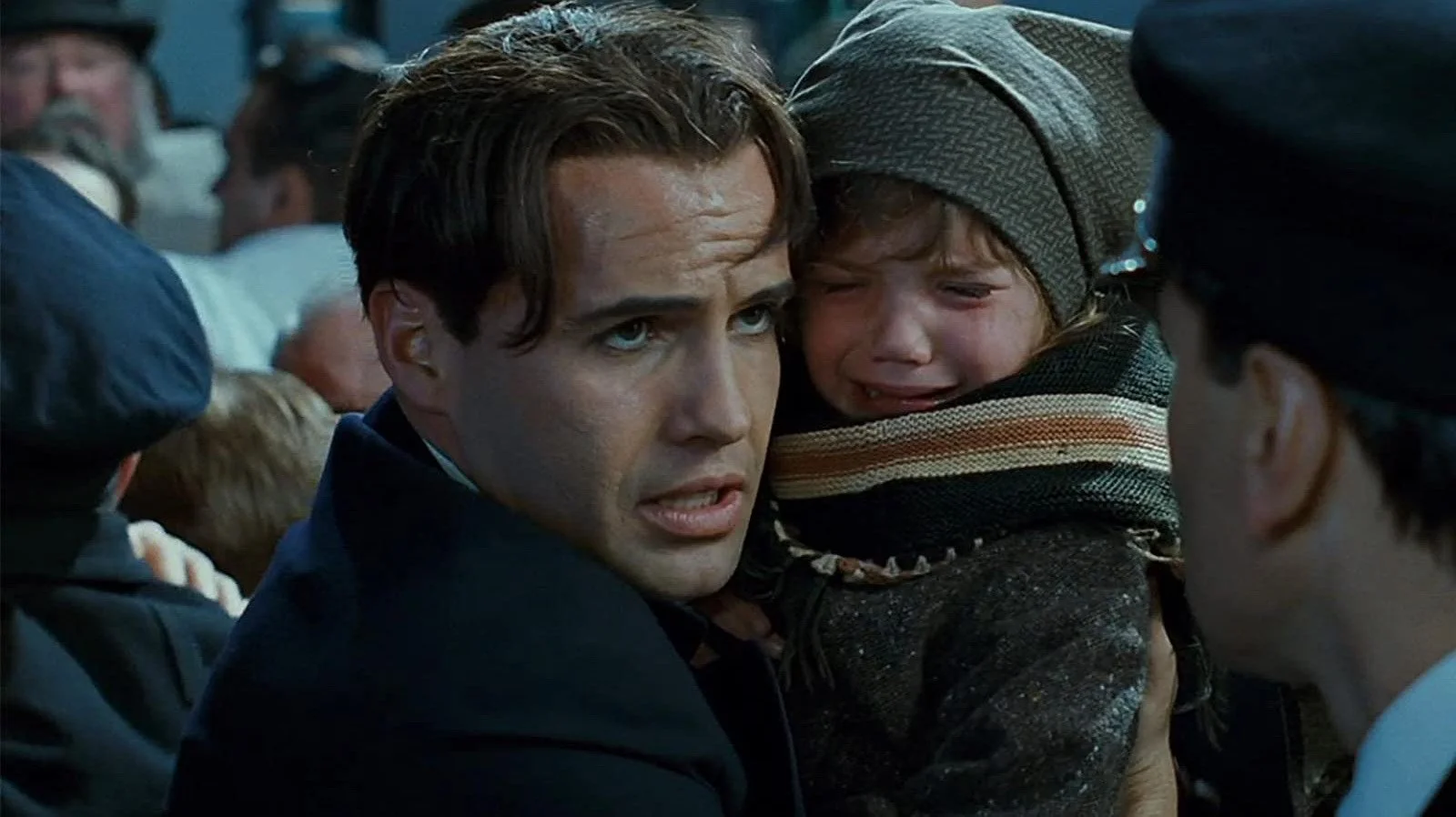#103: Titanic
Release Date: December 19th, 1997
Format: Streaming (Paramount+)
Written by: James Cameron
Directed by: James Cameron
4 Stars
This is a challenging film to approach for a review, not because the film itself is challenging, but rather its status in filmdom. Titanic is a monolith, a classic the moment it hit theaters in the winter of 1997. It was the first film to reach a $200 million production budget (James Cameron’s previous picture, True Lies, was the first film to reach a $100 million production budget just three years earlier) and it went on to gross a then record nearly $3 billion at the box office.
Beyond its financial success, the scale and scope of the film was stereotypically Cameronian. I’ve written about him in my reviews of Aliens and True Lies, and in summation, I think he is the greatest director ever in terms of pulling off large scale cinematic escapism, and that includes Spielberg.
And speaking of Spielberg, what separates the two is that Spielberg is first and foremost a filmmaker. His genius lies within the realm of how to use a camera to tell a story. With James Cameron, his filmmaking seems to be almost a byproduct of his technical and intellectual fascinations. With Titanic specifically, Cameron was first interested in deep sea exploration and the engineering of deep sea vessels. The movie is the expression of his intellectualism, not the cause of it. A Spielberg, or just about any director, would first want to tell the story of the Titanic and then be required to learn about the ship, how it was found at the bottom of the Atlantic, and what has been learned in the decades since its tragic demise (coincidentally, Spielberg released his own big budget, ship-based tragedy a week earlier, the heavy-handed not-very-good Amistad). Not James Cameron. He held a lifelong fascination with shipwrecks, with deep sea exploration, and voyaged to the bottom of the ocean years before he developed a treatment for a Titanic movie.
But what about the movie itself?
It’s grand, it’s sweeping, it’s romantic. I wouldn’t say a strength of Cameron is subtlety, but who cares here? This is a big Hollywood spectacle, with big performances, big special effects, big sets, and big music. The frame story of an old woman reminiscing on lost love works delightfully, and the movie’s box office success clearly reflects its universal appeal. I was in 8th grade when the movie came out, and I remember all of the 13 and 14-year-old girls going to see Titanic over and over and over again through the winter and the spring. It was a phenomenon (I was more into Jackie Brown, a young cinephile with a chip on my shoulder).
Now almost 30 years after its initial release, the legacy of Titanic is clear, and not much different than when people first saw it: This is Hollywood at its best.
